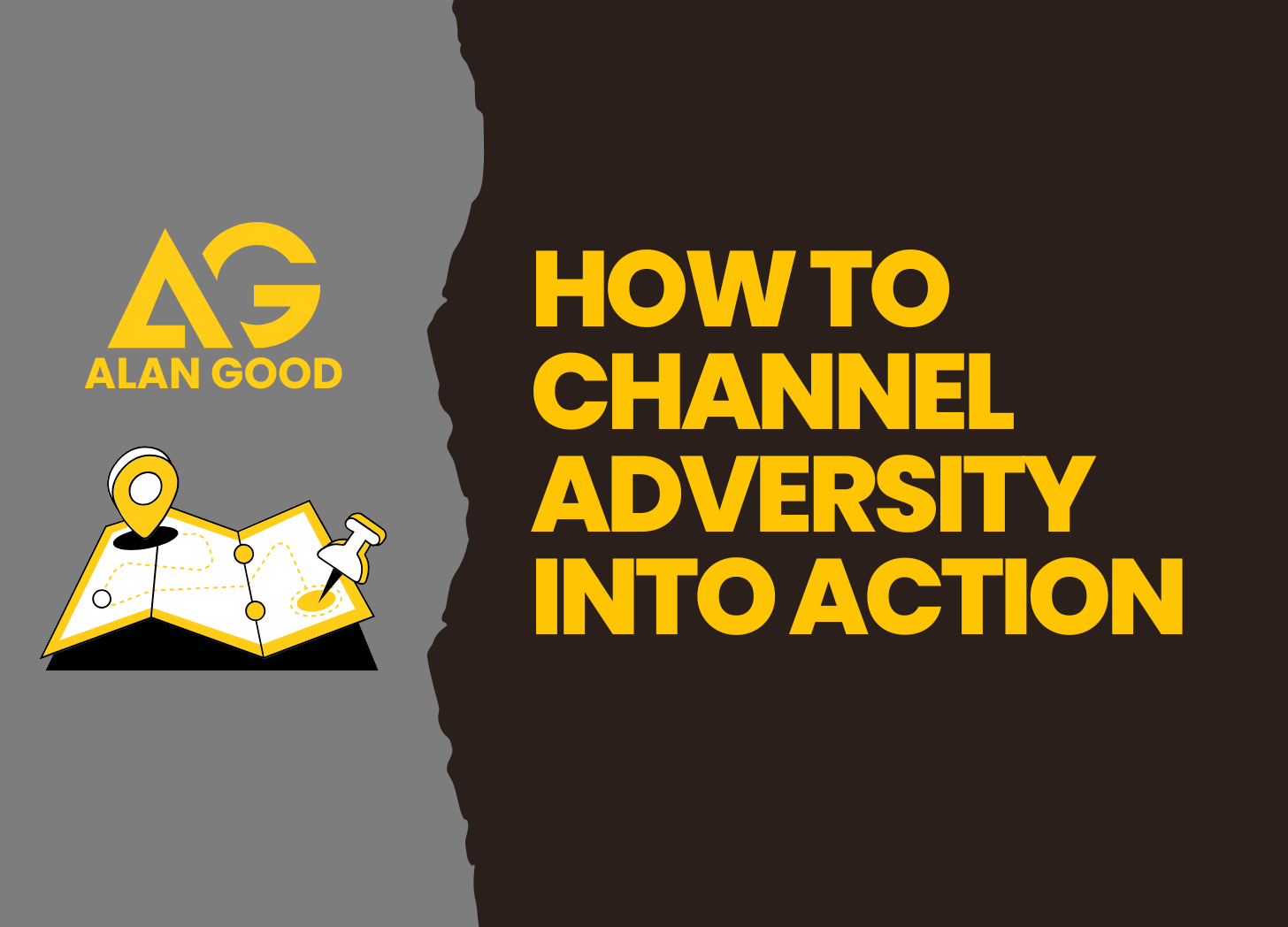Stop complaining. Start competing
The mindset shift that separates athletes who succeed from those who stay stuck
After every tough game, difficult practice, or recruiting setback, athletes split into two groups.
The first group looks for someone to blame. They complain about circumstances. They get defensive when challenged. They make it all about them.
The second group gets busy competing.
The difference between these two responses determines who succeeds and who stays stuck.
It’s all about me, me, me
When something goes wrong, too many players turn inward - obsessing over their mistakes, their playing time, their hurt feelings.
They expend energy on how things feel, rather than what they’re going to do about it.
Every college coach has meetings with players complaining about not getting playing time. When we ask what they’ve done to close their personal gaps, the answer is almost always the same: “I feel like I’ve worked really hard...”
That’s victim language. “I feel like” isn’t evidence. Working hard isn’t enough when everyone around you is also working hard.
The competitive response sounds different: “I’ve been doing extra work after practice three times a week. I asked the assistant coach to work with me on receiving under pressure. I’ve been studying film of the starter to understand what they’re doing that I’m not.”
That’s someone competing for their spot, not just complaining about it.
This is what competitive mentality actually looks like - not complaining, not defending, not dwelling.
How to choose a competitive response
The competitive response isn’t about anger or ego. It’s about channeling adversity into action:
Asking “What can I do about this?” instead of “Why is this happening to me?”
Thinking “How do I respond?” instead of “Who do I blame?”
Choosing “What’s my next move?” instead of “This isn’t fair.”
You can’t control when coaches watch you, whether you make mistakes, if teammates mess up, what feedback you receive, who’s competing for your position, or whether recruiting goes as planned.
But you absolutely control your response.
The victim response protects your ego in the moment but costs you opportunities long-term.
It feels good to blame circumstances. It’s comfortable to make excuses. It’s easy to get defensive when challenged.
This mentality is obsessed with self - my mistakes, my playing time, my feelings, my recruiting, my spot.
But it keeps you stuck.
The competitive response is harder in the moment but creates opportunities long-term.
It requires swallowing your pride. It demands accountability. It forces you to focus on solutions instead of problems.
This mentality is focused outward: What can I do next? How can I help my team? What feedback can I implement? Where can I improve? Who can I outwork?
But it makes you better.
The two responses in action
There’s a stark difference between the victim response and the competititor’s response across a range of scenarios that athletes experience.
When a coach gives challenging feedback
The victim gets defensive, makes excuses, shuts down mentally. The competitor asks clarifying questions, thanks them for the honesty, immediately works on the weakness.
When someone challenges your spot
The victim compares themselves, focuses on why they should be starting, resents the competition. The competitor welcomes the push to get better, competes harder in training, uses it as fuel.
When you make three turnovers in the first ten minutes
The victim gets in their head about the mistakes, starts playing tentatively, avoids the ball, blames the passes they’re given. The competitor tackles back immediately after each turnover, keeps demanding the ball, and competes harder on defense to make up for it.
The recruiting connection
This victim vs. competitor pattern doesn’t just show up in games - it defines how athletes approach recruiting too.
For example, if your process has gone quiet…
The victim blames coaches for not responding, complains about the process, gives up on outreach. The competitor evaluates their approach, improves their emails, finds new ways to get in front of coaches.
I’ve seen talented players not get recruited because they couldn’t handle adversity productively.
I’ve recruited less talented players because their competitive response to challenges convinced me they’d succeed at the next level.
Your response to adversity matters more than your highlight reel. Choose wisely.
Mindset can be your competitive advantage as outlined in this newsletter; but most athletes never train it.
That’s why I created The Resilient Athlete - a digital course designed to help teenage players build the mental skills that fuel long-term performance.
You’ll get lifetime access to all current and future lessons for $15. If this newsletter resonated, you’ll love it.


